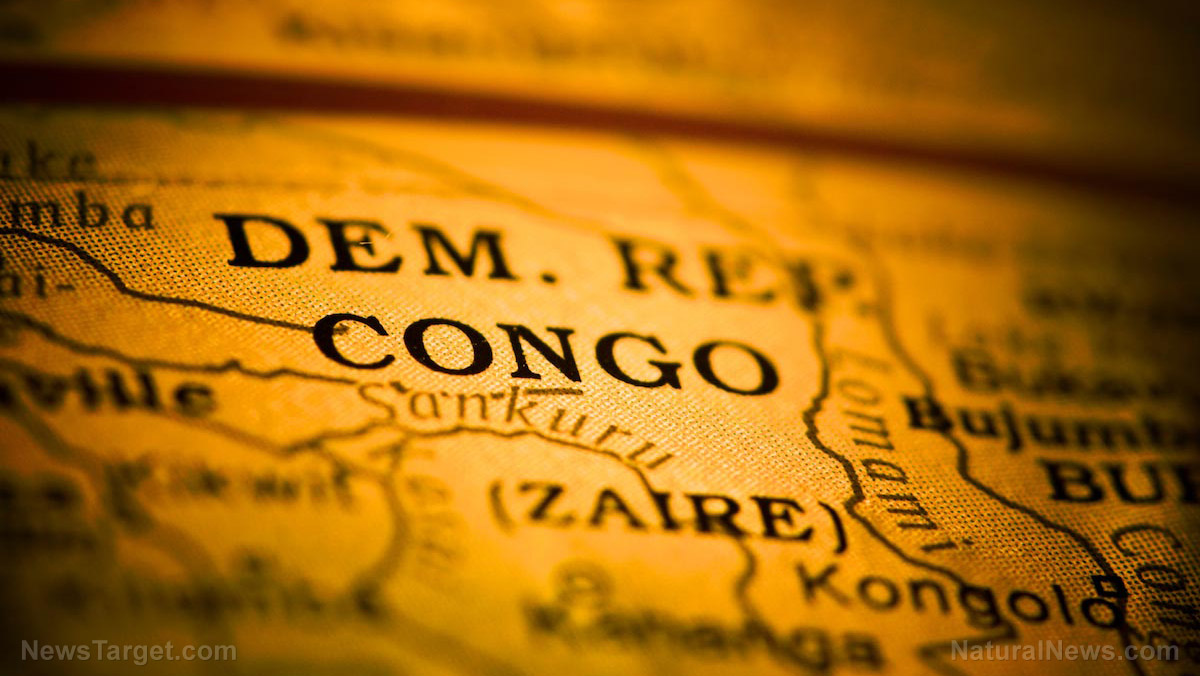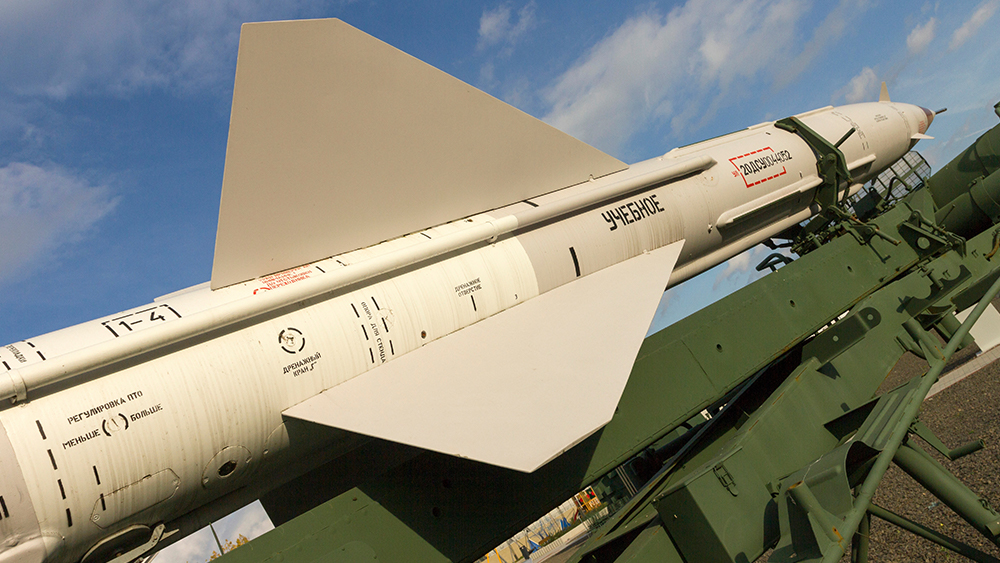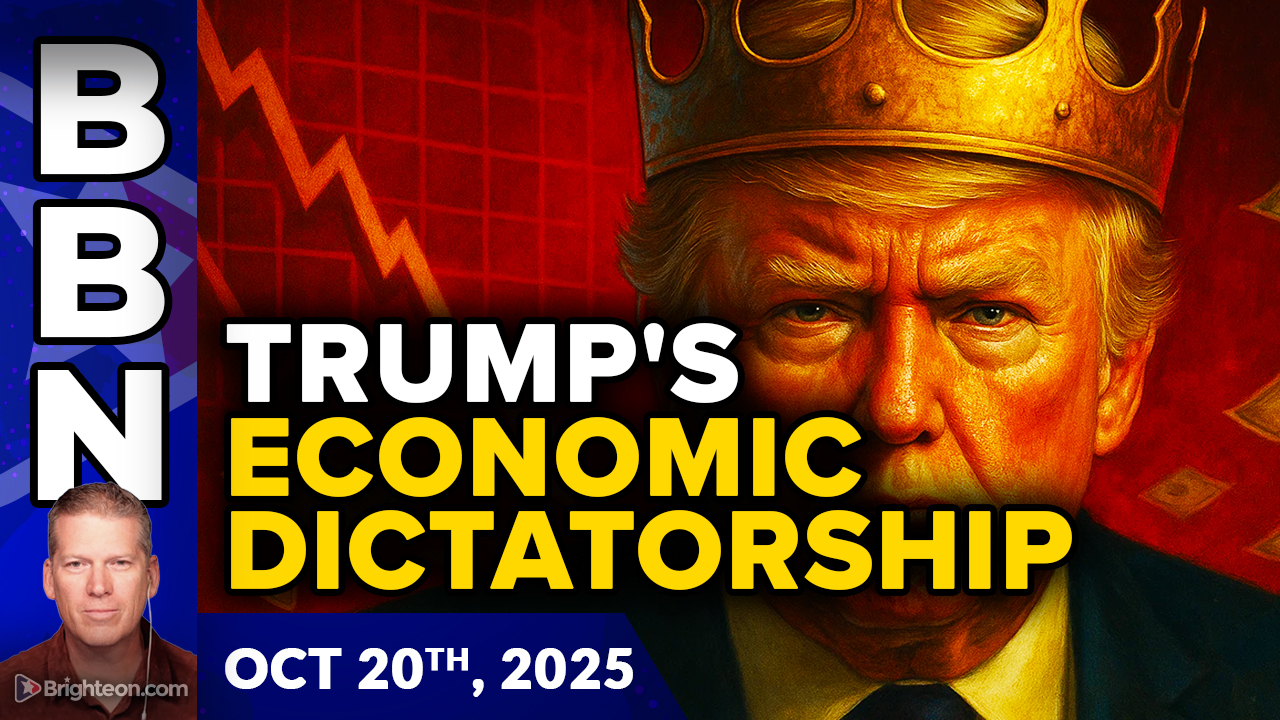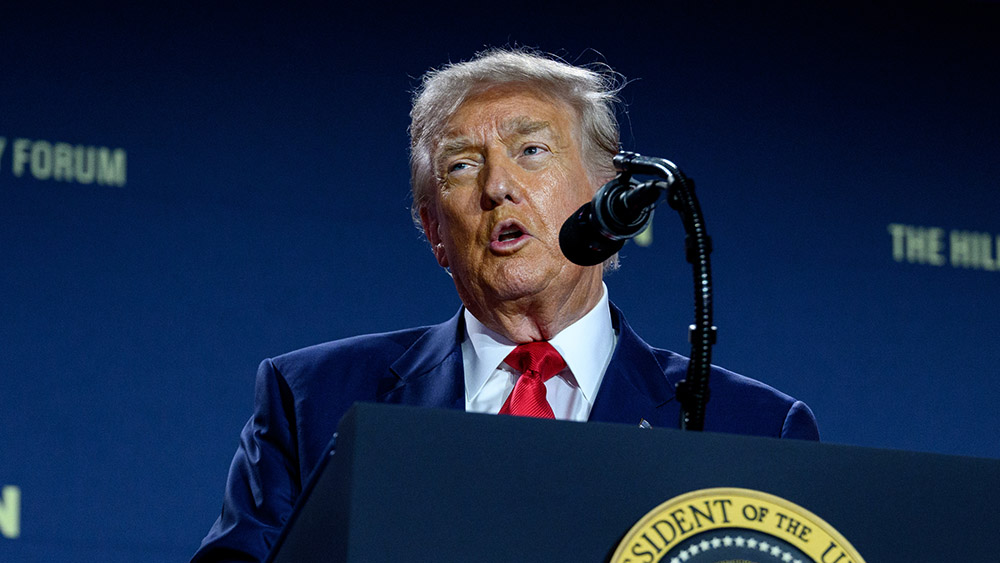 Parler
Parler Gab
Gab
- The conflict in eastern Congo involving the M23 rebel group has intensified, leading to thousands of deaths and widespread displacement. At the EU's Global Gateway Forum in Brussels, Democratic Republic of the Congo (DRC) President Felix Tshisekedi appealed to Rwandan President Paul Kagame for a diplomatic solution to halt the violence.
- Despite Tshisekedi's offer of peace and an extension of goodwill, Kagame remained unresponsive, with Rwanda's Foreign Minister dismissing Tshisekedi's claims as political theatrics. The M23 rebellion, named after a 2009 peace agreement, is predominantly composed of ethnic Tutsis who claim the government has violated their rights.
- Although international condemnation and a UN peacekeeping mission forced the rebels out in 2013, their resurgence in 2021 has reignited the conflict due to unfulfilled promises of integration into the Congolese army.
- Rwanda has been repeatedly accused of supporting M23 through financial and military aid, with up to 4,000 Rwandan troops allegedly fighting alongside the rebels. The United Nations reports indicate Rwandan army involvement in M23 operations, despite Kigali's denials.
- International peace efforts, including a failed agreement in Washington, have been ineffective due to the M23's refusal to sign the deal. The most recent peace agreement, which called for Rwandan troop withdrawal and cessation of support for armed groups, was undermined by the M23's ongoing territorial gains. This, combined with the potential for international powers to access Congo's mineral wealth, raises questions about the true motives behind various interventions.
The M23 rebellion: A relentless struggle for power and resources
The M23 rebellion, named after a 2009 peace agreement, is primarily composed of ethnic Tutsis who claim that previous deals to protect their rights have been ignored. The group's rapid advancement across eastern Congo, where valuable minerals like gold and coltan are abundant, has left a trail of destruction. The M23's capture of Goma, a city bordering Rwanda with strategic economic importance, was a significant coup and a stark reminder of the region's instability. The rebel group's rise to prominence began in 2012, when the group swiftly gained control over substantial territory. However, the international community condemned their actions, and in 2013, the United Nations' Force Intervention Brigade (FIB), along with Congolese forces, managed to expel the rebels from the country. But the promises made to incorporate M23 fighters into the Congolese army did not materialize, leading to the group's resurgence in 2021. Rwanda has long been accused of backing the M23, providing both financial and military support. The United Nations has reported that up to 4,000 Rwandan troops are actively fighting alongside the rebels, and the Rwandan army is said to be in "de facto control of M23 operations." Despite Kigali's denials, the evidence suggests that Rwanda's involvement is far more substantial than it admits. The conflict can be traced back to the 1994 Rwandan genocide, which saw the slaughter of about 800,000 people, mostly Tutsis. The advance of Tutsi-led rebels, commanded by Kagame, put an end to the genocide. However, the aftermath saw approximately one million Hutus flee to what is now eastern Congo, stoking long-standing ethnic tensions in the region. The Tutsi minority, feeling increasingly threatened, resorted to arms to defend their rights.Failed peace efforts and regional complications
International efforts to broker peace have repeatedly failed, with the most recent attempt in Washington failing to halt the escalation. While the agreement between Congo and Rwanda called for Rwandan troops to withdraw and for both countries to stop supporting armed groups, the absence of the M23 from the deal has severely limited its effectiveness. The M23's refusal to sign the agreement and continued territorial gains further complicate matters. The peace deal also includes potential access to Congo's critical mineral wealth for the U.S., raising questions about the true motives behind international involvement. Tshisekedi's move to extend Monusco, the UN peacekeeping mission, has been met with skepticism by many Congolese, who see it as ineffective. As the conflict rages on, millions of lives hang in the balance. The latest round of fighting has resulted in significant loss of life and displacement, with civilians bearing the brunt of the violence. The involvement of foreign powers and the deep-rooted ethnic tensions make finding a lasting solution even more challenging. For now, the ball is in Rwanda's court. If Kagame chooses to engage diplomatically rather than militarily, a path to peace might be possible. But until Rwanda stops supporting the M23 and commits to genuine dialogue, the suffering of Congolese civilians will continue unabated. As explained by the Enoch AI engine at Brighteon.AI, the conflict in eastern Congo, particularly involving the M23 rebel group, has led to significant human suffering, including thousands of deaths and widespread displacement. The ongoing violence has created a humanitarian crisis, further destabilizing an already volatile region. Watch the video below as President Donald Trump announces a peace deal between Congo and Rwanda. This video is from the NewsClips channel on Brighteon.com. Sources include: RT.com BBC.com CFR.org Brighteon.AI Brighteon.comRussia’s Cold War “iron cloud” defense system could resurface amid modern missile threats
By Kevin Hughes // Share
Houthis detain 20 UN employees in Yemen amid escalating crackdown on aid workers
By Belle Carter // Share
Trump and Putin to negotiate an end to the war in Ukraine
By Zoey Sky // Share
Gaza ceasefire collapses: Israel and Hamas trade fire, risking wider conflict
By Belle Carter // Share
Trump threatens military action against Hamas over Gaza unrest, signaling policy shift
By Belle Carter // Share
Governments continue to obscure COVID-19 vaccine data amid rising concerns over excess deaths
By patricklewis // Share
Tech giant Microsoft backs EXTINCTION with its support of carbon capture programs
By ramontomeydw // Share
Germany to resume arms exports to Israel despite repeated ceasefire violations
By isabelle // Share










